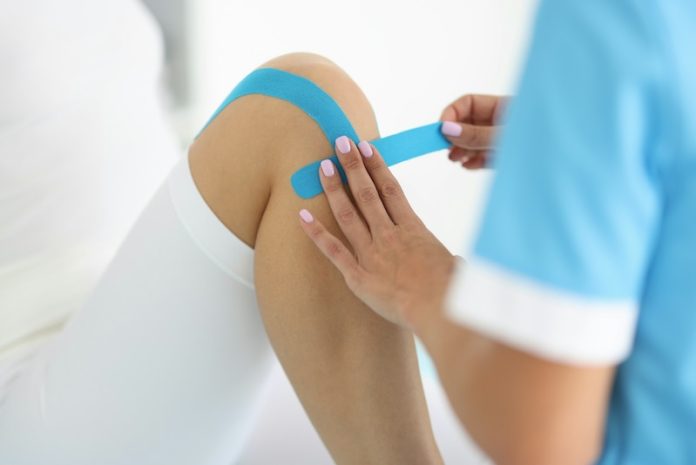
A recent study from MedStar Georgetown University Hospital has discovered a promising non-surgical treatment that significantly reduces knee pain, especially in individuals aged 50 and older.
The study involved 36 patients and aimed to determine whether factors such as age, gender, body mass index, history of prior surgery, and history of fibromyalgia influenced pain reduction levels.
All participants in the study experienced a significant reduction in pain following the treatment. Notably, patients aged 50 and older reported the greatest improvement in functionality and the most substantial decrease in pain compared to younger participants. This suggests that the treatment is particularly effective for older adults.
The treatment, called genicular nerve radiofrequency ablation, is a minimally invasive procedure designed to alleviate knee pain caused by osteoarthritis.
Interventional radiologists perform the procedure using image guidance to place probe needles next to the nerves in the knee responsible for sending pain signals to the brain.
These probes generate radio waves, creating heat that dulls or destroys the nerve endings responsible for pain. Importantly, these nerves do not control muscles or affect balance, making the procedure safe.
Patients undergoing genicular nerve radiofrequency ablation typically leave with simple Band-Aids instead of stitches.
Previous studies have shown that the pain relief provided by this treatment can last from approximately six months to up to two years. This extended period of relief can allow patients to enjoy everyday activities and improve their overall quality of life.
The researchers at MedStar Georgetown University Hospital are currently conducting long-term studies to further explore factors that could predict the effectiveness of this treatment.
They are investigating whether similar treatments can be applied to other joints, such as the shoulder, hips, and sacroiliac joints, where the spine connects to the pelvis.
For those interested in pain management, recent studies have found that one in three people with chronic pain turn to marijuana for relief.
Additionally, certain vitamins may help reduce the risk of bone fractures. In the realm of wellness, other studies have shown that krill oil could improve muscle health and powerlifting can be an effective exercise for chronic low back pain.
This study, conducted by Kaitlin Carrato and her team, was presented at the Society of Interventional Radiology Annual Scientific Meeting, highlighting the potential of genicular nerve radiofrequency ablation as a valuable treatment for knee pain in older adults.
If you care about arthritis, please read studies about extra virgin olive oil for arthritis, and pomegranate: A natural treatment for rheumatoid arthritis.
For more information about arthritis, please see recent studies about how to live pain-free with arthritis, and results showing medical cannabis may help reduce arthritis pain, back pain.
Copyright © 2024 Knowridge Science Report. All rights reserved.



